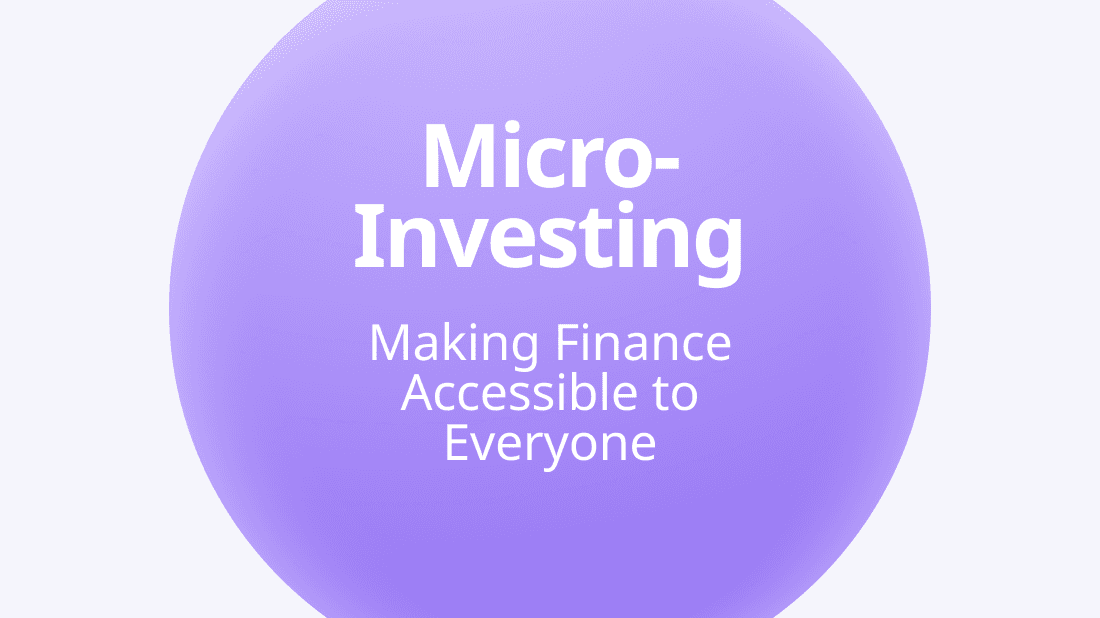Life is full of surprises. Some are fun, like finding a $20 bill in the pocket of your laundry pile. Others are not-so-fun, like discovering your bank account has the financial depth of “The Mariana Trench.”
If you’ve ever faced a financial setback, job loss, medical emergency, divorce, bad investments, or an “I swear it was a sure thing” crypto crash, you know how much it can shake your world.
But take heart. You’re not alone, and it’s not the end of your story. Here’s how to handle a financial setback with grace, grit, and just the right amount of sarcasm.
1. The Gut Punch
First, you feel it in your stomach—that sick, heavy drop when you realize your financial situation has gone from “a little tight” to “I might have to sell my couch on Facebook Marketplace.”
Take a breath. You can’t think clearly if you’re hyperventilating.
Sit down.
Take a few deep breaths.
Remember: everyone, from broke college students to millionaires, has faced financial failure.
Do not panic-spend.
Many people react to financial stress by spending more. This is the equivalent of trying to fix a sinking ship with a hammer. Don’t do it.
2. Assess the Damage (A.K.A. Rip Off the Band-Aid)
Before things get better, you need to know how bad they are.
Be honest with yourself:
Pull up bank statements, credit card balances, loans, and bills.
Make a list.
Don’t sugarcoat anything.
Think of it like checking under your bed for monsters—you won’t sleep until you know what’s really there.
Create a snapshot:
Total monthly income (if any)
Total debt
Monthly fixed expenses (rent, utilities, car payments)
Voluntary expenses (subscriptions, takeout, fancy dog treats)
Knowing your net worth—even if it’s negative—gives you a starting point. It’s like the “before” picture in a fitness journey, but for your wallet.
3. Plug the Leaks
Your money is escaping like water through a loose pipe—it’s time to tighten that pipe.
Start here:
Cancel every unnecessary subscription. Multiple streaming services and an unused gym membership while in debt? Diabolical.
Negotiate bills. Call your utility providers, cell phone company, and internet service. Ask for hardship options, cheaper plans, or extensions.
Pause luxury treats. That $7 daily coffee or dining out three times a week? Time to return to pasta and rice.
Consider deferrals. Call lenders about hardship programs for student loans, mortgages, or auto payments. Closed mouths don’t get fed.
4. Prioritize Like Your Wallet Depends on It (Because It Does)
You’ve got bills to pay and not enough cash for everything. Time to get ruthless.
Use the Four Walls Method (via Dave Ramsey):
Food – Not caviar. Think beans and rice.
Utilities – Keep the lights on, but maybe not the hot tub.
Shelter – Mortgage or rent comes first.
Transportation – You need to get to work.
Everything else—including credit cards and that exotic jam subscription—is negotiable.
5. Make a Plan (Without Having a Breakdown)
Once your immediate needs are stable, create a realistic recovery plan—not a fantasy.
Step 1: Budget
It’s not punishment—it’s your map out of the woods.
Choose a method:
Zero-based budgeting – Every dollar has a job.
50/30/20 rule – 50% needs, 30% wants, 20% savings/debt.
Envelope system – For cash fans.
Step 2: Boost Income
Look for new ways to earn:
Side gigs: Freelancing, tutoring, ride-share, dog-walking
Sell stuff: Clothes, gadgets, bread-maker
Part-time work: Temporary, but helpful
Step 3: Pay Down Debt
Pick a strategy:
Snowball – Smallest debt first
Avalanche – Highest interest first
Step 4: Save Something
Even $10 a week matters. Your emergency fund is your future shield.
6. Talk About It (Yes, Really)
Financial trouble can feel isolating, but silence makes it worse.
Talk to:
A spouse
A trusted friend
A financial advisor
A therapist
Avoid toxic comparison. Social media is a highlight reel—no one posts overdraft notices or ramen dinners.
Ask for help if needed:
Visit a food pantry
Apply for unemployment or benefits
Ask family for help (with clear terms)
This is not weakness—it’s survival.
7. Learn the Lesson (Preferably Without Beating Yourself Up)
Every setback teaches something—even if it’s “Don’t let your cousin’s sketchy friend invest your rent money in NFTs.”
Reflect, don’t ruminate. Ask yourself:
What caused this?
Was it in my control?
What can I do differently next time?
Build better habits:
Automate savings
Use budgeting apps
Prioritize emergency funds
Avoid financial commitments you don’t understand
Forgive yourself. You’re not a failure—just a work in progress.
8. Think Long-Term, Even When the Short-Term is Ugly
When the dust settles, look ahead.
Set realistic goals – Not “Be a millionaire,” but “Save $1000 by year-end.”
Invest – Even $25/month in retirement counts.
Diversify income – Multiple streams help you stay afloat.
Keep learning – Books, podcasts, TikToks—whatever works.
9. Find Humor Where You Can
Yes, it’s serious—but you’re allowed to laugh.
Laugh at the ridiculous:
Like when you budgeted $30 for groceries and spent $29.97 on cereal and cat food.
Celebrate small wins:
Paid off a credit card
Completed a no-spend week
Fixed a leaky faucet without a plumber
Throw yourself a budget-friendly party (even if it’s a one-person pizza party).
Remember: Financial setbacks are like bad haircuts—everyone gets one. And eventually, things grow back.








